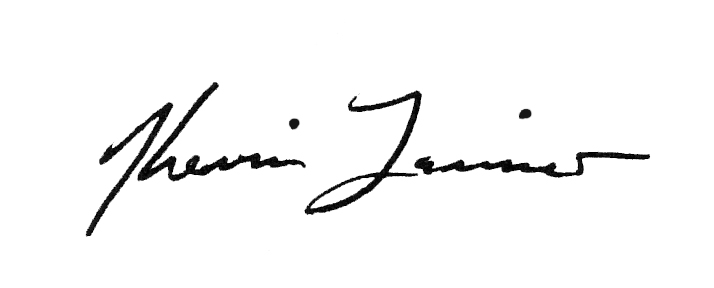Tomorrow’s Literary Voices
What is the future of independent publishing? That was the question I asked the eight industry leaders whose answer-essays are featured in this issue’s special section. It was, of course, a rhetorical question, intended to elicit conjecture about what this beloved enterprise might look like ten, twenty, thirty years down the road. Our daring contributors delivered on that proposal, but a funny thing happens when you start thinking about the future: You end up reflecting on what came before as much as, if not more than, what lies ahead. The result is a wonderfully spirited, inspiring collection of perspectives on not only the issues of production, distribution, and technological innovation facing independent publishers, but also those of diversity, inclusivity, and the vital, necessary project of supporting and amplifying the complex chorus of tomorrow’s literary voices. As Jamia Wilson, executive director and publisher of the Feminist Press, writes, “We want to create a world in which everyone can recognize themselves in a book.”
The publishers, editors, innovators, and entrepreneurs in our special section aren’t the only ones who have been contemplating the future with an eye on the past, of course. With the remaining months of this century’s second decade quickly passing (and the fiftieth anniversary of Poets & Writers, the nonprofit organization that publishes this magazine, approaching in 2020), perhaps it’s inevitable that we start to see time in a slightly different context. Or maybe it’s simply the changing of the seasons, another school year underway.
In this space a decade ago, in the November/December 2009 issue, I wrote about MFA programs and the seasonal rhythms of student life, recalling my own graduate school days as I watched my daughter get ready for her first day of prekindergarten. As I write this on a Friday afternoon, a few weeks into her freshman year of high school, she is joining the protests of millions of young people worldwide by marching in the streets of lower Manhattan to demand action on the climate crisis. Contemplating the future with an eye on the past.
Thank you for reading, dear writers, and for your courage to imagine the future while helping us all understand ourselves, and our collective past, a little better. I wish you all the very best of luck with your work. Until next time.







